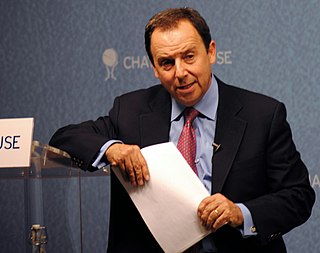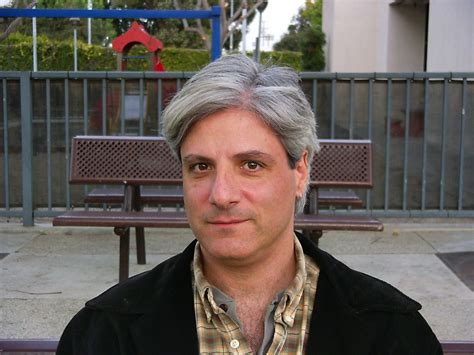A Quote by Maya Lin
Sometimes you have to stop thinking. Sometimes you shut down completely. I think that's true in any creative field.
Related Quotes
People get sick and sometimes they get better and sometimes they don't. And it doesn't matter if the sickness is cancer or if it's depression. Sometimes the drugs work and sometimes they don't. Sometimes the drugs work for a while and then they stop. Sometimes the alternative stuff works and sometimes it doesn't. And sometimes you wonder if no outside interference makes any difference at all; if an illness is like a storm, if it simply has to run its course and, at the end of it, depending on how robust you are, you will be alive. Or you will be dead.
If you think of dramaturgy in North America, which is so realistic and so literal sometimes, sometimes what theaters - especially dramaturgs - ask for is more information, which sometimes can really weigh down a play. There's only so much information a play can have. If you start putting in so much information, it becomes something completely different, it doesn't sing.
Just in time for the renewal of the war debate in Congress, the University of Chicago Press has released The U.S. Army / Marine Corps Counterinsurgency Field Manual. . . . It's a nifty volume, not only because it gives you a sense of what our most highly regarded military theorists are thinking but because sometimes what they're thinking is the last thing you'd expect. Especially interesting is a section called 'Paradoxes of Counterinsurgency Operations,' which tells us: 'Sometimes doing nothing is the best reaction' and 'Sometimes, the more force is used, the less effective it is.'
All I've learned is that you need the studio system sometimes, if your budget is a certain size, and other films you can do independently. When I think of a studio, I generally think of distribution. Since I'm a director, I have a similar creative experience on every film I do, because I can control that. But then it's a different film, I think, as it reaches the public, depending on the way it's marketed. I don't know. I haven't learned much of anything. Sometimes you need them, sometimes you don't. Sometimes they want you, most of the time they don't.








































